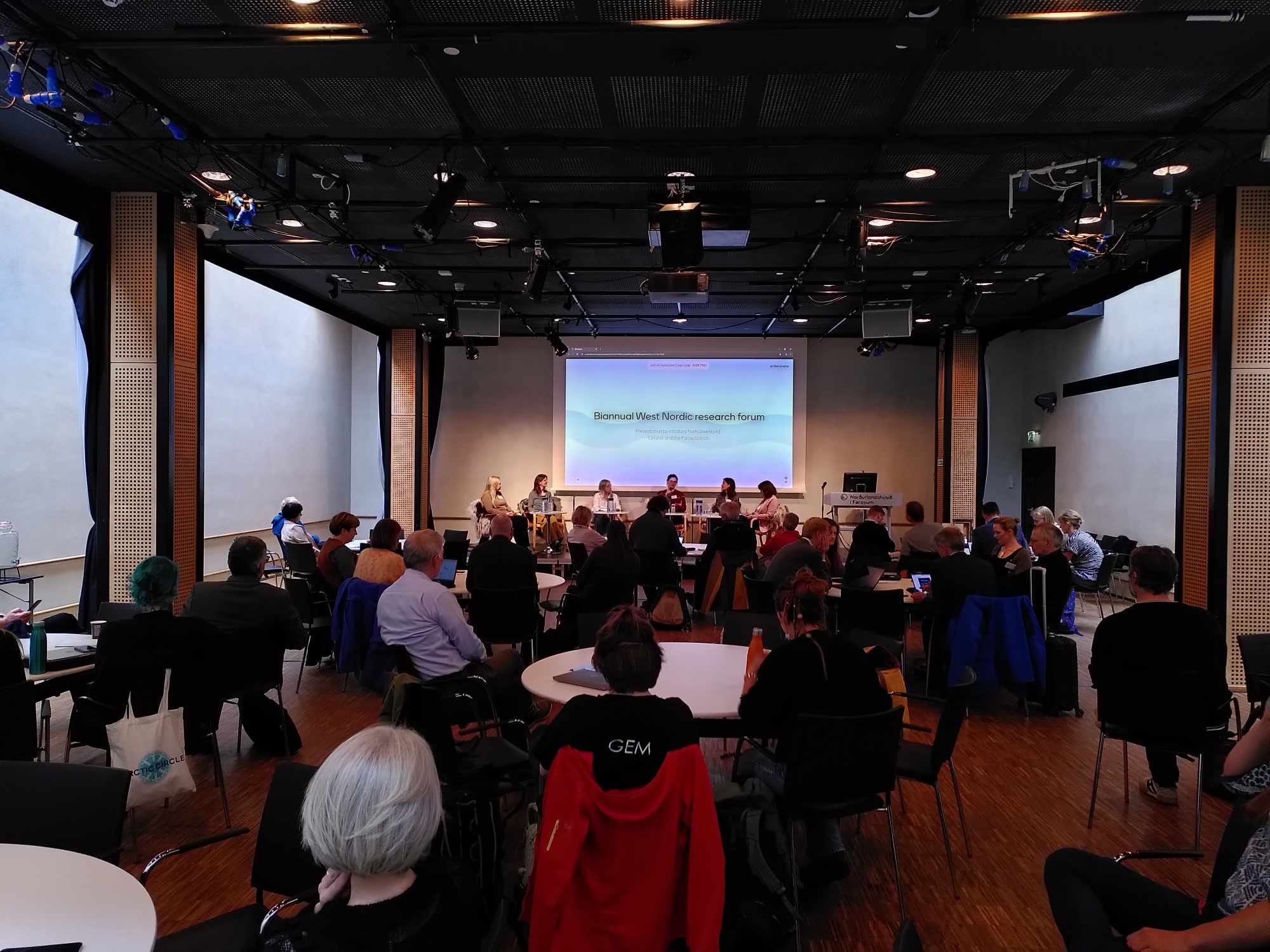UW at GLISFO 2024 in Faroe Islands
Our academic director, Matthias, and two of our master students recently went on a trip to the Faroe Islands. They joined the GLISFO workshop: Greenland-Iceland-Faroe Islands Cooperation Workshop. This three-day workshop brought together researchers operating within Greenland, Iceland, and the Faroe Islands, to delve into areas of scientific significance and shared interest between the West Nordic countries. Organized by the Research Council of the Faroe Islands, the Greenland Research Council, Rannís – The Icelandic Centre for Research, and the Icelandic Arctic Cooperation Network, this workshop was intended to be a platform for meaningful exchange of ideas, insights and experiences and the kick-off for future scientific cooperation within the West Nordic community.
The workshop covered all areas that are of relevance for the University Centre of the Westfjords and its research activities as well as course contents. Seminars and panels addressed green energy; social sciences; security/geopolitics; ocean, climate, and the Blue Economy; sustainability and culture; and health/genetics.

UW was quite visible at GLISFO this year. Matthias presented his new research projects, in collaboration with Nordregio and the University of Highlands and Islands (Scotland). The title of his presentation was: The role of local knowledge in marine spatial planning for a just green transition in times of digital transformation and climate change. Tabea Jacob, our Coastal Marine Management student, presented her thesis ideas and potential research ideas with the title: Blue Equity in Marine Spatial Planning Processes in Arctic Regions. Rebecca Eriksson, our Coastal Communities and Regional Development student, presented her master’s thesis idea, which is part of a UW-lead research project. The presentation was titled: Understanding the integration of local knowledge and AI in marine spatial planning.
Also present at GLISFO were Catherine Chambers (research manager at UW), Jóhanna Gísladóttir (instructor for Coastal Communities and Regional Development, advisor and external reader), as well as former Environmental Impact Assessment instructor Ólafur Ögmundarson.


Matthias, Tabea, and Rebecca want to express their gratitude for the invitation from the Faroese Research Council, giving them this unique opportunity.
